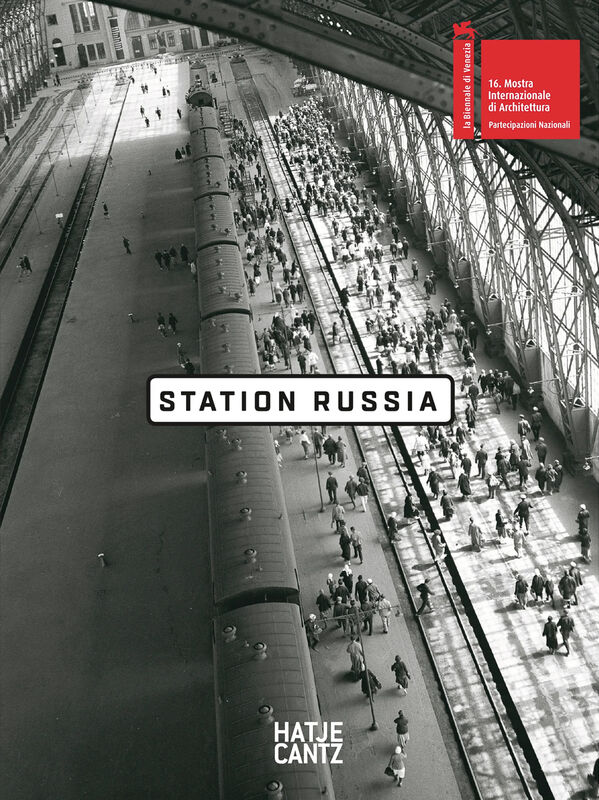Contact
art book cologne GmbH & Co. KG
Deutzer Freiheit 107
50679 Köln
Germany
Opening hours (office and showroom):
Monday to Friday 8 – 17
info@artbookcologne.de
Phone: +49 221 800 80 80
Fax: +49 221 800 80 82
About us
art book cologne, founded by Bernd Detsch in 1997, is a wholesale company and specializes in buying and selling high quality publications in art, art theory, architecture, design, photography, illustrated cultural history and all related subjects internationally. Our team includes specialists in art, culture, music, book trade and media but in spite of our diversity we have one common ground: the enthusiasm for unique art books.
We purchase remaining stocks from museums, publishers and art institutions. We sell these remainders to bookstores, museum shops, and art dealers all over the world.
Station Russia
| Editor | Semyon Mikhailovsky |
| Publisher | Hatje Cantz |
| Year | 2018 |
| Cover | Paperback with flaps |
| Language | English |
| ISBN | 978-3-7757-4458-4 |
| Pages | 464 |
| Weight | 727 g |
| More | |
| Author(s) | Anatoly Akue, Pavel Basinsky, Vadim Bass et al. |
| Type of book | Exhib'publication |
| Museum / Place | La Biennale di Venezia |
| Article ID | art-60033 |
Russia’s contribution to the 16th Venice Architecture Biennale: the past, present and future of the Russian railways:
In an environment which is in parts so complex that roads cannot be constructed, railways and stations have become the lifeblood system of the largest country in the world. Station Russia explores how they, and the people who use them, navigate the vast and often empty expanse of the Russian landscape in the historical perspective. In a new exhibition conceived and created for the 16th Venice Architecture Biennale, the Russian pavilion has been transformed into a train station with five halls: »The Geography of Free Space«, »The Architectural Depot«, »The Waiting Hall of the Future«, »The Crypt of Memories«, and »Aboard the Free Space«. In these halls, contemporary Russian architects, designers and artists create multimedia installations, as well as demonstrate photographs, models and artefacts, to investigate the past of the network and to present their vision of its future.
The focus of the exhibition and the accompanying catalogue forms a parallel with the history of the Russian pavilion itself, which was inaugurated in 1914. The building’s architect, Alexey Shchusev, was also responsible for the Kazan Railway Station – the Moscow terminus of the South-Eastern Railway.

